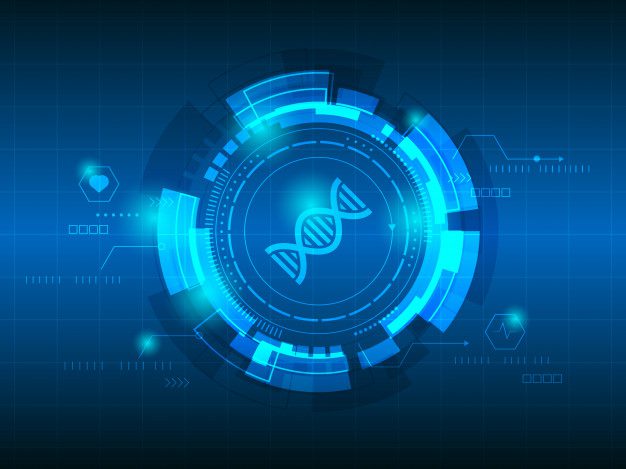DNA, the genetic material of an organism passed from one generation to another, has significantly unlocked some mysteries surrounding human behavior, evolution, disease, aging, etc. But let’s talk about DNA technology. New DNA technologies have emerged, leading to a better understanding of DNA. Modern DNA technologies include recombinant DNA technology, PCR, cloning, gene therapy, DNA microarray technology, DNA profiling, and DNA fingerprinting.
Here we will focus on the amazing recombination DNA technology. Like many other technologies in the history of DNA, recombinant DNA technology has significantly improved human life by producing products that benefit human beings, such as insulin, antibiotics, human growth hormones, monoclonal antibodies, etc. It has served a pivotal role in scientific research and in treating various diseases. Actually, many diagnostic methods have been developed using recombinant DNA technology.
In a nutshell, recombinant cells are developed by incorporating foreign genes into a DNA or genetic code, which involves a gene carrier or vector inserted into the host cell. Recombinant DNA technology has been valuable in improving cancer research, diabetes treatment, vaccine production, enhancing fertility, and producing enriched foods.
That said, let’s look at how recombinant DNA technology has revolutionized modern science.
Vaccines
Recombinant DNA develops as a result of injecting genetic material into the body in the form of vaccines. This genetic material comes in the form of a vector or plasmid and is taken from the antigen being targeted by the vaccination. What happens is that when the vaccination is injected into your body, your cells take in the DNA tissue and begin to produce the foreign proteins usually encoded in the plasmids. The produced proteins strengthen your immune response against the targeted antigen. As recombinant DNA technology advances, vaccines will become easier to formulate, safer, and longer-lasting.
Diabetes treatment
Recombinant DNA technology has effectively produced human insulin used in patients with diabetes. It makes it possible for scientists to develop insulin similar to pancreatic used by patients with diabetes. The technology has led to the production of the purest and effective forms of insulin.
Mutations
Mutations cause genetic diseases like cancer and fibroids. Thanks to recombinant DNA technology, it is easier to address such conditions. What happens is that the technology uses the cloning method to identify the mutated gene. A scientist then creates a healthy gene of similar function, produces multiple copies through a process known as cloning to replace the defected gene. The genes then function again, and the person becomes healthy.
Fertility
Infertility is a major problem affecting millions of people around the world. However, recombinant DNA technology has made it possible to produce hormones that make an infertile woman fertile. Scientists use hormones such as recombinant human follicle-stimulating hormone, recombinant human chorionic gonadotropin recombinant luteinizing hormone to enhance follicular maturation and ovulation, which are necessary for fertilization.
Food
Recombinant DNA technology has been used in food production effectively. For instance, it is used to develop plants resistant to pests and viruses and more resilient in extreme weather conditions. another instance is a bacterial hormone inserted in dairy cows to increase milk production.

































